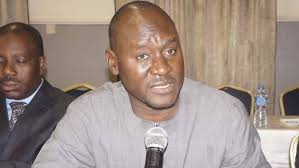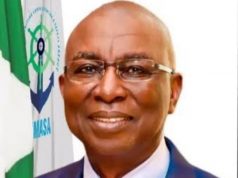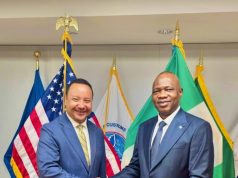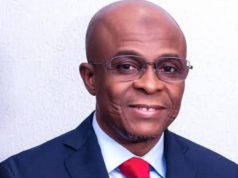BY CHRIS NJOKU
Auwal Rafsanjani the Executibe Director of Civil Society Legislative Advocacy Centre (CISLAC), has revealed that Nigeria losses around $18 billion abroad yearly to tax evasion, money laundering, and stashing of illegal proceeds outside the country.
The executive director who spoke at a recent news conference in Abuja, said that international financial intelligence coopted from the ministry of finance confirms the same.
He said that unfortunately, the amount put the country at the forefront in Africa as the worst illicit financial flow offender.
He said elaborated international fraud schemes involving reputable lawyers and other middlemen were used to rob Nigerian citizens of billions of dollars that should be used to counter abject poverty, insecurity, and abysmal service delivery.
A case in point, according to him was the ongoing corruption in investor-state arbitration between Process and Industrial Development (P&ID) versus the Federal Republic of Nigeria.
Rafsanjani said that Nigeria was currently battling the arbitration proceeding conducted within the United Kingdom jurisdiction.
He said that if lost, Nigeria taxpayers would lose $6.6 billion-plus seven percent per annum against it for damages in favour of P&ID.

CISLAC also called on the federal government to pass a legal framework around the management and utilization of recovered assets.
Rafsanjani said that the delay in passing the legislation which the Nigerian government committed to in 2016 greatly undermined asset recovery and management process in Nigeria.
He added that it cost Nigeria billions in lost opportunity as international partners refused to engage because domestic recoveries continued to be mismanaged or worse.
This, he said was because the international partners were not convinced that recovered assets would not be re-looted.
He said that in order to ensure transparency, the government needed to establish a database that would contain details of recovered assets including details of persons from whom they were recovered and how the recovered assets were utilised.










